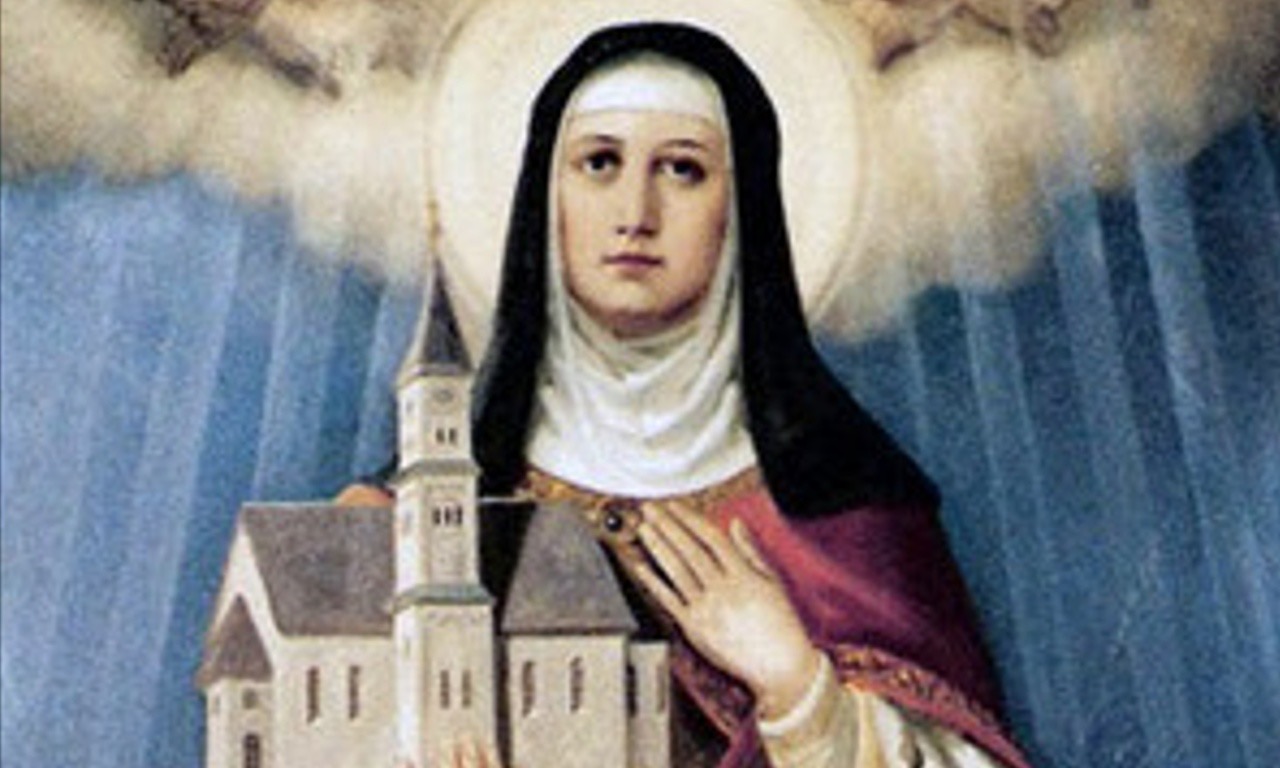In today’s readings, Isaiah and Simon Peter encounter God, and their immediate response is to acknowledge their own sinfulness. Isaiah declares his lips unclean, and Peter calls himself a sinful man. When we confess our sinfulness, we also acknowledge God’s power to forgive us. To recognize that God is God, and we are not, is an act of praise. And it is this attitude of humility that puts us in a position to be forgiven and healed.
In the first reading, the prophet Isaiah sees God seated on a throne. The seraphim above him cry out, Holy, holy, holy is the Lord of hosts! During Mass, we join the angels in this refrain just before the Eucharistic Prayer. Isaiah says he is doomed because it was believed that no one could see God and live. Upon seeing God, Isaiah acknowledges his unworthiness, declaring he is a man of unclean lips. After he makes this confession, one of the seraphim touches his mouth with an ember from the altar to remove his wickedness and purge his sin. Through this action, Isaiah is made worthy of his call to be God’s prophet. At Mass, the celebrant references this event before proclaiming the Gospel. He prays quietly, “Cleanse my heart and my lips, almighty God, that I may worthily proclaim your holy Gospel.”
In today’s Gospel reading, Simon Peter also witnesses God’s mysterious power. Simon has been fishing all night without catching anything. He has cleaned his nets. His work is finished. But when he follows Jesus’ instructions to cast his nets one more time, he catches an astounding number of fish. In response to the miraculous sight, Peter falls to his knees and says, Depart from me, Lord, for I am a sinful man. Peter simultaneously acknowledges Jesus’ identity as Lord and his own sinfulness. In response, he will leave everything behind and follow Christ.
Referencing both of these passages, the Catechism says: “Because God is holy, he can forgive the man who realizes that he is a sinner before him” (CCC 208). When we confess our sinfulness in God’s presence, we put ourselves in a position to be forgiven. It is this attitude that we take when we pray the Confiteor at Mass. We dare not approach the altar, where the Lamb of God is seated on his throne, without first confessing our own sinfulness. We leave everything behind to follow the one with the power to make us worthy to receive him.
(Fr. Michał Pająk, OMI, Feb. 9, 2025)

